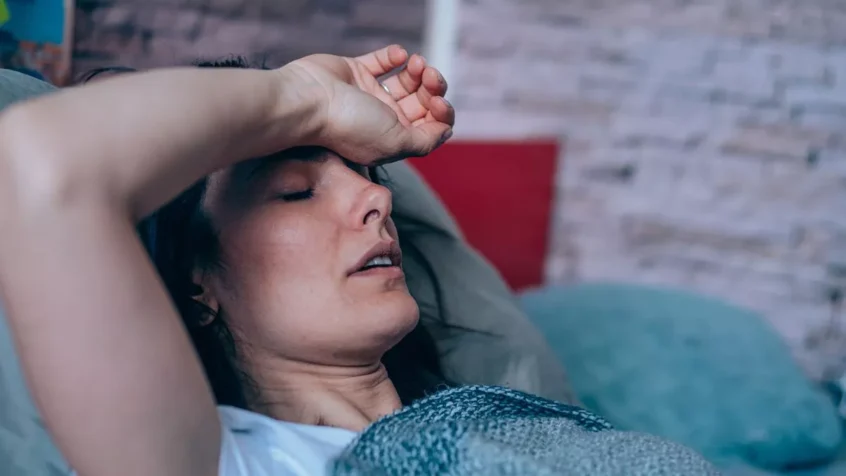The vomiting bug nororvirus is back at this time of year and though it may last only one or two days, you can feel quite ill with a headache, fever, chills and muscle pain. Vomiting is often violent, without warning and frequent.
This virus affects the stomach and intestines, causing gastroenteritis, but it’s usually not serious. Most people get better within 48 hours or so, but as they are unable to drink enough liquids to replace what they lose, people can become dehydrated.
It is also contagious and usually spread by having direct contact with another infected person with symptoms, for example sharing foods or utensils with someone who’s ill.
Some people, however, may be contagious for as long as two weeks after recovery, so it’s particularly important for people to wash their hands frequently after they’ve recently recovered from norovirus. One episode doesn’t confer immunity either, meaning a person can be infected with norovirus more than once.
Containing the spread of the virus requires strict hand-washing after using the bathroom and before handling food items. This is because it continues to be present in the stool for as long as two to three weeks after the person feels better.
Wiping doorknobs, taps and loos with a mild bleach solution made of one part bleach in nine parts water can curb the spread. Family members should use separate hand towels for two to three weeks after symptoms go away.
There are a few things you can do to discourage the spread, just as we did for Covid.
Wash your hands carefully with soap and water, especially after using the toilet and changing nappies, and always before eating, preparing, or handling food.
Carefully wash fruits and vegetables before preparing and eating them. Norovirus is relatively resistant to heat. It can survive temperatures as high as 60C (140F). Food that might be contaminated with norovirus should be thrown out.
Keep sick children at home for at least 24 hours after they have stopped vomiting or had diarrhoea and keep sick infants and children out of areas where food is being handled and prepared.
After throwing up or having diarrhoea, immediately clean and disinfect contaminated surfaces and always wear gloves when handling chemicals such as bleach.
Remove and wash clothes or linens that may be contaminated with vomit or faeces, and handle soiled items carefully, while always wearing gloves. Wash your hands after, and wash the items with detergent.

